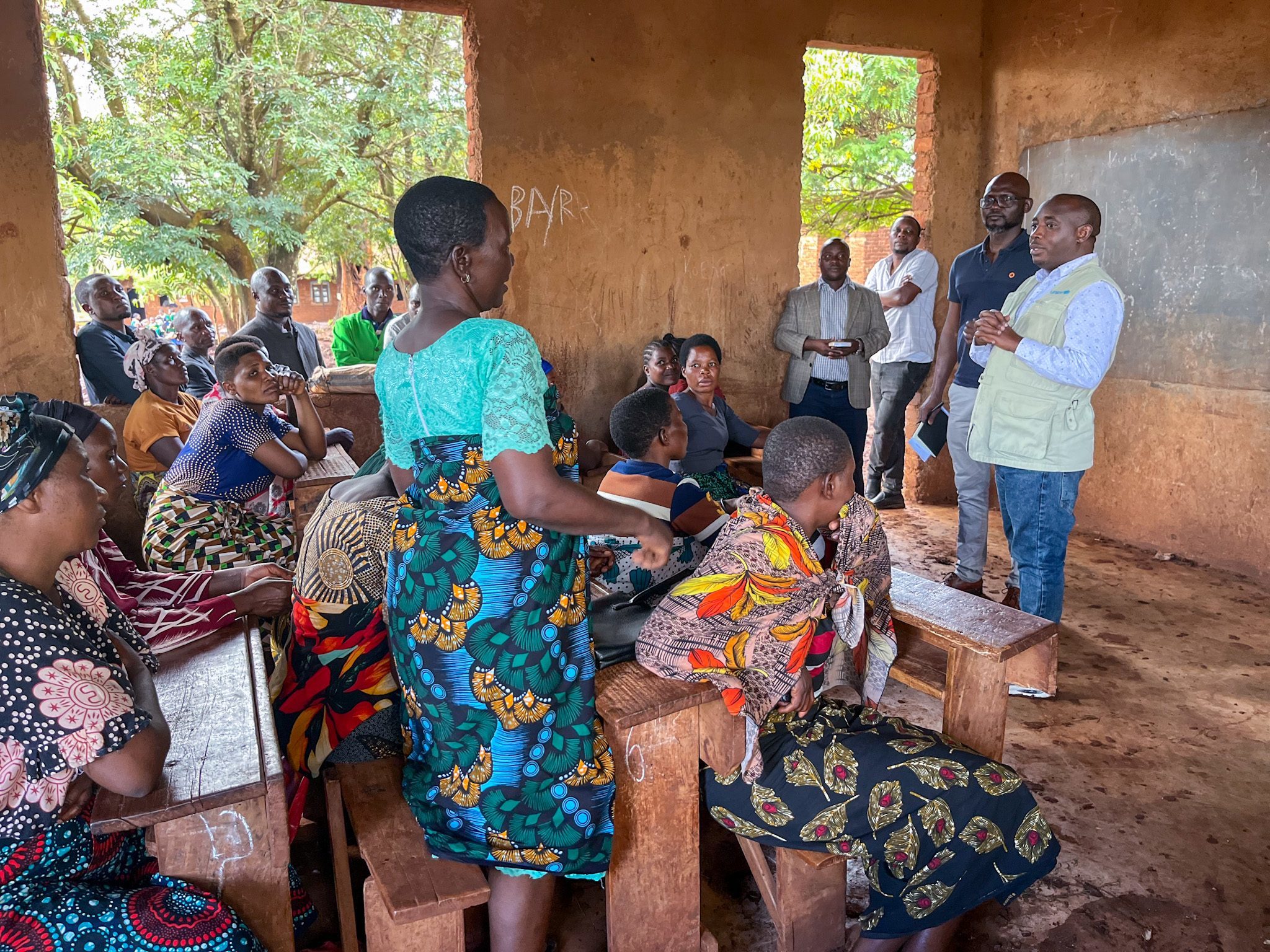Context and Issue
In Uganda, refugee children, particularly those with disabilities, encounter significant obstacles in accessing quality education. Limited information, knowledge, skills, and resources often hinder parents and caregivers from providing adequate care and support. Social exclusion due to community attitudes towards disability further compounds these challenges. Teachers lack the necessary skills, and schools are ill-equipped and inaccessible.
Solution
Cohere and its partner refugee-led organizations (RLOs) implement a comprehensive, community-driven initiative to address this. The Cohere Initiative fosters collaboration among community leaders, parents, schools, and teachers to enhance educational opportunities for children with disabilities in refugee-hosting communities. RLOs are empowered to identify children with specific conditions, who then receive specialized assessments and ongoing support, including assistive devices and personalized learning plans. Emphasis is placed on enrolling children in school, with RLOs providing material support, teacher training, and enhancing school accessibility. Cohere also builds the capacity of RLOs to monitor and evaluate financial management. By directly empowering RLOs and communities, Cohere seeks to revolutionize traditional humanitarian aid approaches and ensure more efficient fund allocation.
Impact
The initial findings from the Comprehensive Peace Agreement (CPA) indicate notable advancements in the learning outcomes of Children with Disabilities (CWD) within a relatively short timeframe. These improvements are attributed to enhanced confidence and skills among parents and caregivers, alongside increased access to tailored services, support plans, and assistive technologies. However, a drawback reported is the frustration among parents and caregivers of CWD with conditions not addressed within the Cohere Initiative's targeted six conditions. This limitation stems from resource constraints and the scope of identification efforts conducted by outreach workers.












